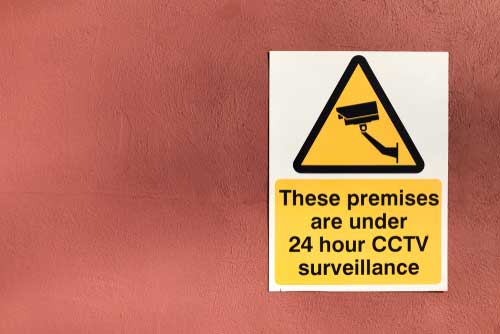Georgia law has specific provisions that impose a responsibility on property owners. In most cases, the property’s landlord or occupier must ensure their premises are safe for those they invite. Emphasis is on “Invitation,” as the same duty of care does not apply to trespassers. Premises liability may also apply to the state.
The same rule applies to government properties but with some variations. If you sustain an injury due to unsafe conditions on land belonging to the state or local government, you can hold them liable. You will need a personal injury attorney for this. But before discussing legal representation, let’s look at the elements of a premises liability claim against the state of Georgia.
The General Position of the Law
Most claims for premises liability have their foundation in negligence. Thus, Georgia law provides that to prove a property owner acted negligently, you must show:
- The person had a duty to keep their premises safe
- The property owner failed in performing that duty
- That a hazardous condition known to the person led to your injury
- That the injury resulted in damages
If you can prove all the following elements, you stand a chance of receiving compensation for the harm suffered. However, things are not so simple in premises liability claims against the state of Georgia for various reasons.
Sovereign Immunity in Georgia Premises Liability Cases
In Georgia, premises liability lawsuits against the state or its employees are often limited by the principle of sovereign immunity. The regulation simply states that you cannot sue a government without its consent. It also applies to the United States federal government.
However, the Georgia legislature passed laws that waive the sovereign immunity of counties, cities, towns, and other governmental agencies. Depending on where the injury occurred, various degrees of sovereign immunity might apply.
The preceding affects whether you can successfully bring a claim against the government for your injuries. It also impacts the process for doing so and the compensation amount you’re entitled to receive.
Premises Liability Lawsuits Under the Georgia Tort Claims Act
As mentioned above, only an act of the Georgia General Assembly can waive sovereign immunity. They achieved this with the enactment of the Georgia Tort Claims Act. In G.A. Code 50-21-23, the law created a limited waiver of sovereign immunity.
That part of the law states that the state of Georgia may be liable for its employees’ and officers’ specific acts. The state would be responsible if the officer or employee were “Acting within the scope of their official duties or employment.”
But if the employee caused your injury while performing discretionary duties on government property, the state is not liable. What amounts to discretionary duty covers making a judgment call or choosing between alternative courses of action. Also, a premises liability lawsuit against the state will fail if the employee acted in good faith.
If you can prove that none of the above was present, you stand a chance of being awarded damages. The highest a person who sues the state under the Georgia Tort Claims Act can receive is $1 million. It doesn’t matter the number of state entities involved.
Furthermore, the court does not award punitive damages against the state. Note that only premises liability claims against the state come under the Georgia Tort Claims Act. It doesn’t apply to counties, cities, towns, or school districts.
When Should You File Premises Liability Claim Against the State of Georgia?
Like in other jurisdictions in the United States, you must give the government notice of your claim. Do this before filing an action in court. Generally, the state must receive the claims notice within 12 months from the day the injury occurred.
The notice must be in writing and meet the requirements under Georgia Code 50-21-26. It provides that the letter must:
- Be mailed by certified mail, statutory overnight delivery, or delivered in-person to the Risk Management Division of Administrative Services
- Contain the identity of the claimant
- The name of the state entity or employee
- What led to the injury
- The time the incident occurred
- The amount of loss claimed
- The acts or omissions that led to the injury
Failing to send a notice of claim to the government will adversely affect any lawsuit you commence later. The Division of Administrative Services reserves the right to investigate the premises liability claim. It might take months or years.
To ensure you don’t miss out on your settlement, commence an action in court while they investigate. This will ensure the two years limit for personal injury claims does not elapse.
Ask Calvin Smith Law for Help
Were you injured on government property? Consult our premises liability lawyers for help. Call today to schedule a free consultation.









